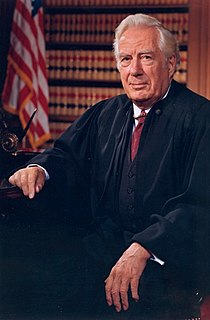A Quote by G. M. Trevelyan
Socrates gave no diplomas or degrees, and would have subjected any disciple who demanded one to a disconcerting catechism on the nature of true knowledge.
Related Quotes
History is filled with examples of men and women who rendered highly effective performance without the conventional badges of accomplishment in terms of certificates, diplomas, or degrees. Diplomas and tests are useful servants, but Congress has mandated the commonsense proposition that they are not to become masters of reality.
Socrates: So even our walks are dangerous here. But you seem to have avoided the most dangerous thing of all. Bertha: What's that? Socrates: Philosophy. Bertha: Oh, we have philosophers here. Socrates: Where are they? Bertha: In the philosophy department. Socrates: Philosophy is not department. Bertha: Well, we have philosophers. Socrates: Are they dangerous? Bertha: Of course not. Socrates: Then they are not true philosophers.
But if men would give heed to the nature of substance they would doubt less concerning the Proposition that Existence appertains to the nature of substance: rather they would reckon it an axiom above all others, and hold it among common opinions. For then by substance they would understand that which is in itself, and through itself is conceived, or rather that whose knowledge does not depend on the knowledge of any other thing.
If Confucius can serve as the Patron Saint of Chinese education, let me propose Socrates as his equivalent in a Western educational context - a Socrates who is never content with the initial superficial response, but is always probing for finer distinctions, clearer examples, a more profound form of knowing. Our concept of knowledge has changed since classical times, but Socrates has provided us with a timeless educational goal - ever deeper understanding.
I taught what was clear in Acts 11:26: SAVED = CHRISTIAN = DISCIPLE, simply meaning that you cannot be saved and you cannot be a true Christian without being a disciple also. I taught that, to be baptized, you must first make the decision to be a disciple, and then be baptized. I taught that their baptism was invalid because a retroactive understanding of repentance and baptism was not consistent with Scripture.
What the newer landscape artists see in a circle of a hundred degrees in Nature they press together unmercifully into an angle of vision of only forty-five degrees. And furthermore, what is in Nature separated by large spaces, is compressed into a cramped space and overfills and oversatiates the eye, creating an unfavorable and disquieting effect on the viewer.








































